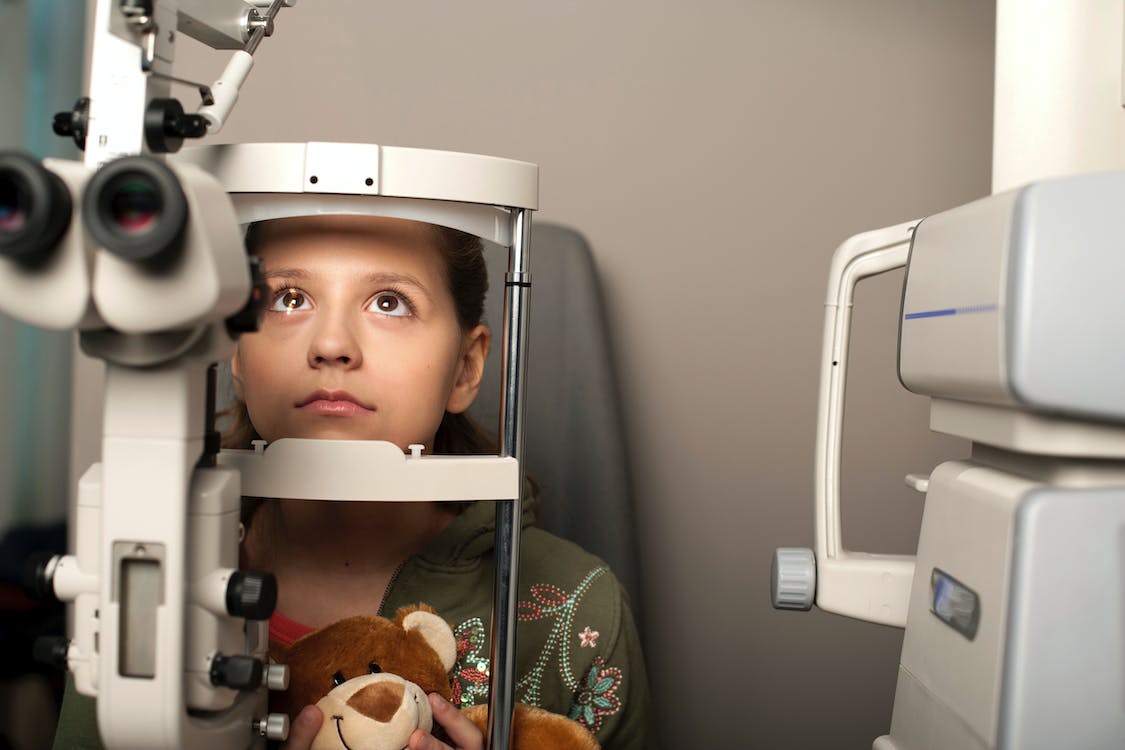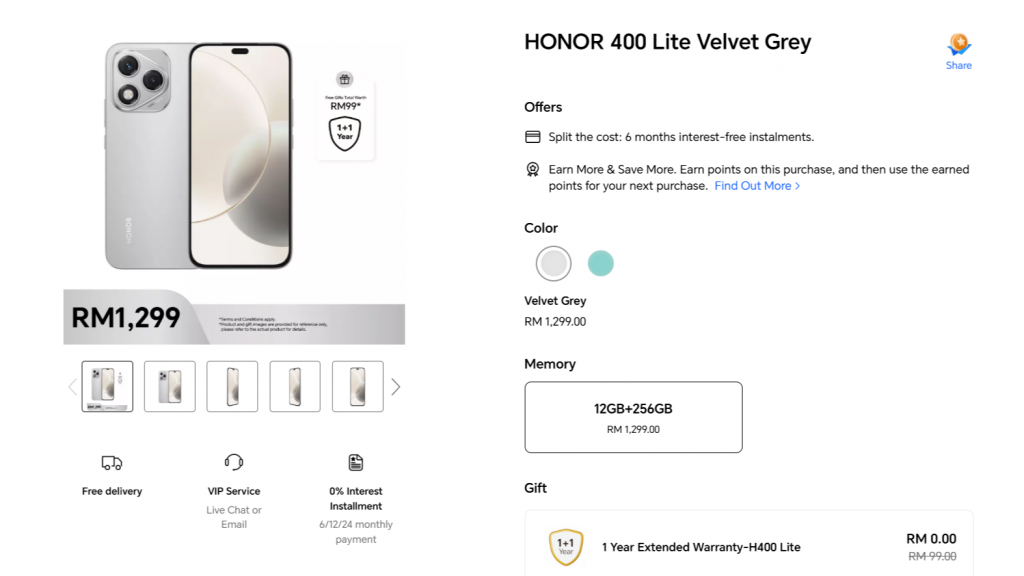As the saying goes, “Eyes are the windows to the soul.” However, beyond their poetic significance, eyes also serve as vital indicators of one’s overall health and well-being. The human eye is a complex organ that not only allows us to see the world around us but also plays a crucial role in the diagnosis and management of various medical conditions. From simple eye exams to more advanced imaging techniques, optometrists and ophthalmologists have the ability to detect and monitor a wide range of diseases and disorders through the examination of the eye.
In fact, many health issues can first manifest in the eyes, making them an essential tool for early detection and prevention. In this article, we will delve into the medical importance of eyes and explore how they can act as a gateway to maintaining optimal health. Whether you have perfect vision or suffer from a specific eye condition, understanding the connection between your eyes and overall well-being is crucial for maintaining a healthy lifestyle.
So, let us open the windows to health and gain a deeper understanding of the role eyes play in our overall medical care.
1. The connection between eyes and health.
The human eye not only serves as a vital sensory organ for vision, but it also provides valuable insights into a person’s overall health and well-being. Ophthalmologists and other medical professionals have long recognized the important connections between eye health and various systemic diseases. For instance, conditions such as diabetes, hypertension, autoimmune disorders, and even certain types of cancer can manifest in ocular symptoms and abnormalities. Additionally, the examination of the eye can reveal indications of cardiovascular health, neurological disorders, and nutritional deficiencies.
As such, the eyes serve as windows to the body, allowing healthcare providers to gather important diagnostic information and assess an individual’s overall health status. By recognizing and addressing eye-related manifestations and abnormalities, medical professionals can not only improve visual function but also contribute to the early detection and management of systemic diseases, ultimately promoting better patient outcomes and overall well-being.
2. Eyes as a window to wellness.
The eyes are often referred to as “windows to the soul,” but they can also provide valuable insights into a person’s overall wellness. As part of routine eye examinations, optometrists and ophthalmologists can detect signs of systemic diseases that may otherwise go unnoticed. From diabetes and high blood pressure to autoimmune disorders and certain types of cancer, ocular symptoms and abnormalities can serve as early indicators, allowing for prompt diagnosis and treatment.
Furthermore, the eyes can reveal valuable information about cardiovascular health, neurological conditions, and nutritional deficiencies. By recognizing and addressing these eye-related manifestations, healthcare providers can play a crucial role in improving both visual function and overall well-being. Through the careful examination of the eyes, medical professionals can contribute to the early detection and management of systemic diseases, ultimately leading to better health outcomes for patients.
3. Early detection through eye exams.
Regular eye exams play a vital role in the early detection of various health conditions, beyond just assessing visual acuity. By thoroughly examining the eyes, optometrists, and ophthalmologists can identify potential signs of underlying systemic diseases, such as diabetes, hypertension, and certain types of cancer. For instance, diabetic retinopathy, characterized by damage to the blood vessels in the retina, can be indicative of poorly controlled diabetes.
Early detection of such conditions not only allows for timely intervention and treatment but also enables healthcare providers to collaborate with other specialists to manage the overall health of the patient. Consequently, incorporating comprehensive eye exams into routine healthcare practices can significantly contribute to early detection, prevention, and overall well-being.
4. Common eye conditions and symptoms.
When it comes to maintaining optimal eye health, it is important to be aware of common eye conditions and their associated symptoms. One such condition is cataracts, which occur when the lens of the eye becomes cloudy, resulting in blurred vision, sensitivity to light, and difficulty seeing at night. Another common condition is age-related macular degeneration (AMD), a progressive disease that affects the macula, leading to central vision loss. Symptoms of AMD include blurred or distorted vision, blind spots, and difficulty recognizing faces or reading.
Additionally, glaucoma, often referred to as the “silent thief of sight,” can cause gradual peripheral vision loss and, if left untreated, may result in permanent vision loss. Other eye conditions to be aware of include dry eye syndrome, characterized by dryness, irritation, and excessive tearing, and diabetic retinopathy, which can cause damage to the blood vessels in the retina, leading to vision impairment. By recognizing the symptoms associated with these common eye conditions, individuals can seek timely medical intervention and ensure the preservation of their visual health.
5. Maintaining eye health for longevity.
Regular eye examinations are essential for maintaining eye health and preventing long-term complications. Through comprehensive eye exams, optometrists and ophthalmologists can assess various aspects of eye health, including visual acuity, eye muscle function, and the overall condition of the eyes. These examinations can detect early signs of eye diseases such as glaucoma, cataracts, and macular degeneration, allowing for prompt treatment to prevent further progression. In addition to regular check-ups, adopting healthy habits can also contribute to maintaining optimal eye health.
This includes protecting the eyes from harmful ultraviolet (UV) rays by wearing sunglasses with UV protection, maintaining a well-balanced diet rich in nutrients like omega-3 fatty acids, vitamin C, and vitamin E, and practicing good eye hygiene by avoiding rubbing the eyes and regularly cleaning contact lenses. By prioritizing eye health and incorporating these practices into daily routines, individuals can enhance their overall well-being and ensure longevity in visual health.
6. Lifestyle Choices for Optimal Eye Health
As custodians of our ocular well-being, adopting lifestyle choices becomes imperative. From embracing a nutrient-rich diet that supports eye health to incorporating protective measures, such as specialized eyewear for varied environments, fostering optimal vision becomes a holistic endeavor.
The eyes, often underestimated beyond their role in vision, emerge as gatekeepers to our overall health. In the heart of Chicago’s commitment to eye care, the integration of medical science and ocular well-being emphasises the profound importance of these windows to health.LASIK Eye Surgery in Chicago represents not just a medical procedure but a transformative journey toward clearer vision and an improved quality of life.
In conclusion, it is evident that the eyes play a crucial role in our overall health and well-being. From detecting early signs of diseases to providing valuable information about our overall health, our eyes are truly windows to our body’s internal functioning. As medical professionals, it is important to not overlook the importance of eye exams and to educate our patients about the significance of regular eye care. By understanding the connection between our eyes and our health, we can ensure better diagnoses and ultimately, better overall health for our patients. Let us continue to prioritize the health of our eyes and utilize them as valuable tools in maintaining our well-being.







